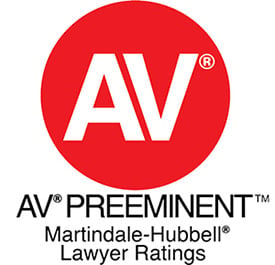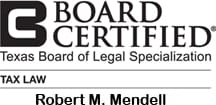What Types Of Taxes Does My Business Have To Pay?
Obviously, the most significant tax that a business will have to pay is the federal income tax. In addition to income tax, however, there are a variety of other taxes to which a business may be subject.
Employment Tax
If you plan on hiring employees, you must pay federal employment taxes, which include the federal unemployment tax, federal income tax withholdings, Social Security and Medicare.
Self-employment Tax
If you are your own boss, you will be required to pay self-employment tax, which is a Social Security and Medicare tax. Generally, you must pay self-employment tax if net earnings from self-employment exceed $400 or if you work for a church or qualified church-controlled organization that opted for an exemption from Social Security and Medicare taxes and you receive more than $102.28 in wages. The self-employment tax rate is 15.3% (12.4% for Social Security and 2.9%for Medicare).
Payroll Tax
A payroll tax is a tax that an employer withholds from employees’ pay checks and sends to the government. It includes Social Security and Medicare.
Sales Tax
If you plan to operate a retail business, you may need to pay sales tax, which is a tax on the retail price of an item that is collected by the retailer and passed on to the state or local government that levied the tax.
Excise Tax
This is a federal tax that must be paid when certain types of goods, such as gas, are purchased. A business may have to pay an excise tax if it makes or sells certain products; uses certain types of equipment, products or facilities; or is paid for certain services. Form 720, the Quarterly Federal Excise Tax Return, is used for environmental taxes; fuel taxes; communications and air transportation taxes; taxes on the first retail sale of heavy trucks, trailers and tractors; and manufacturers’ taxes on use or sale of articles. Federal excise taxes on trucks, tractors and buses used on public highways over 55,000 pounds must be reported on Form 2290. Businesses that accept wagers or conduct a lottery or pool may be liable for a federal excise tax on wagering.
Capital Gains Tax
This is a tax on profits realized from the sale of stocks, bonds, mutual funds, real estate and other capital assets.
Estate Tax
An estate tax, also known as a death tax, is imposed on the transfer of property from a deceased person to his or her heirs. If you own an interest in a closely-held business, you may want to consider how to pass that interest on to an heir in a way that minimizes the estate tax when you die.
Property Tax
Taxes on real property are typically assessed by local governments. These taxes are typically based on the value of the property. If you own the building or property where you plan to locate your business, you may be subject to property taxes.
Copyright © 2008 FindLaw, a Thomson Reuters business
DISCLAIMER: This site and any information contained herein are intended for informational purposes only and should not be construed as legal advice. Seek competent counsel for advice on any legal matter.



